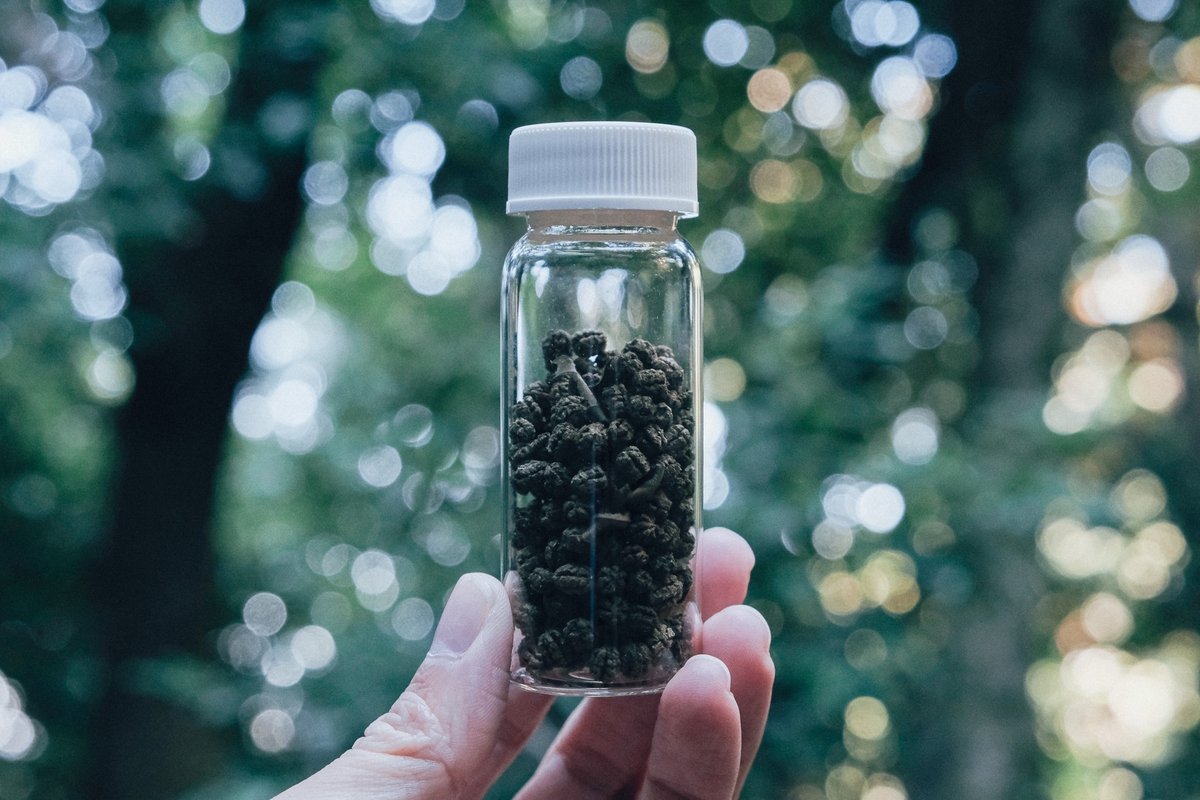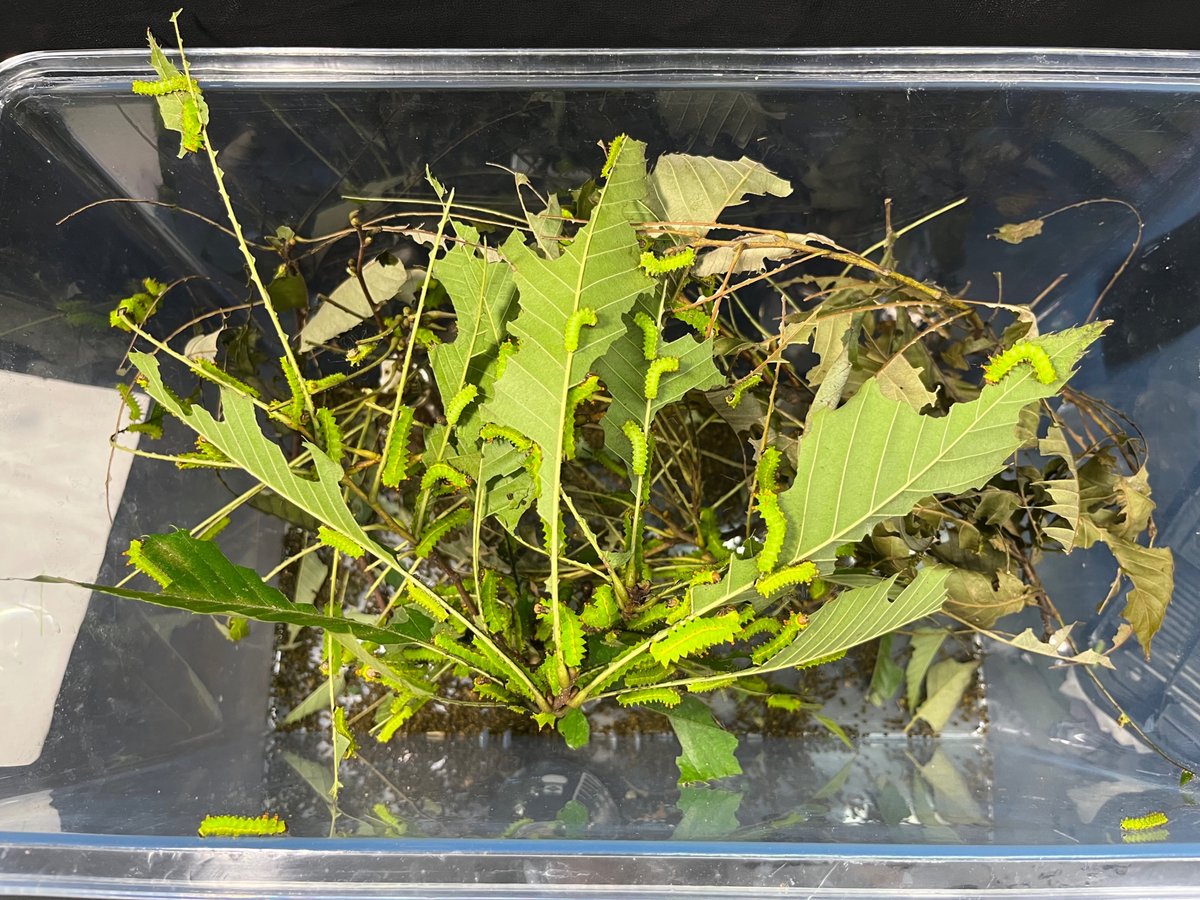
A Kyoto University Researcher Presents a Taste of Diversity; Insects' Poop Tea.
Kyoto is usually well-known for producing high-quality green tea. But the tea presented by a researcher at Kyoto University is unusual.
Maruoka Tsuyoshi, a student researching caterpillars and plants in a doctoral program at the Graduate School of Agriculture, Kyoto University, recently raised three million yen through crowdfunding. He called for investors to support the launch of his business to produce insect poop tea.

Recently, edible insects have been in the spotlight as a future protein resource. Those who promote it see insect-eating as a way to diversify our diet and benefit food security. Most focus on crickets because it is easy to breed. Not to disgust people, but crickets are more commonly provided in powder form. Rice crackers containing cricket powder were sold in Japan's popular retailer MUJI in 2021, drawing much attention.
Maruoka, searching for another way of using insects as food, learned about insect poop tea from the custom in China. So he tried making tea with caterpillar poop in his lab. He found it tasty. It is reasonable for him to feel that because insects' poop is made in a similar process to how black tea is made, by breaking down leaves and it's fermented. Therefore, it can be said that insects are making tea inside their organs.

He tested several combinations of insects and leaves. For example, cherry leaves and moth larvae, or caterpillar and chestnut leaves, etc. Each pair resulted in a tea with a unique flavor. This gave him the idea to create various teas reflecting local floras and insects.

In his early stage in a doctoral program, he planned to research insect-eating. However, he was disappointed to see that most edible insect researchers were working on the same thing; breeding crickets and making their powder.
"I don't think the current way of promoting insect-eating makes our culinary culture diverse. I'd like to do something more like harmonizing nature and insects' lives and make people consider those underrepresented lives to have a value and secret power.
He named the poop tea "insects' secret tea :虫秘茶"
He plans to work with farmers nationwide to make poop tea using the local insects and plants, hoping that tea will be a tool to realize the richness of local nature and a source of new revenue for rural farmers.
